
A veteran who saw “horrific” acts of violence while in the military, including “mass graves of women and children”, and heard explosions where officers were “severed in half” after triggering improvised explosive devices (IEDs), wishes to give the message that “you are not alone” as he campaigns for better mental health support for ex-servicemen and women.
As a young boy, Simon Hopkins, now 45, said he used to “play army all the time in the garden” and, since his parents worked in the police, he aspired to have a career in the uniformed services.
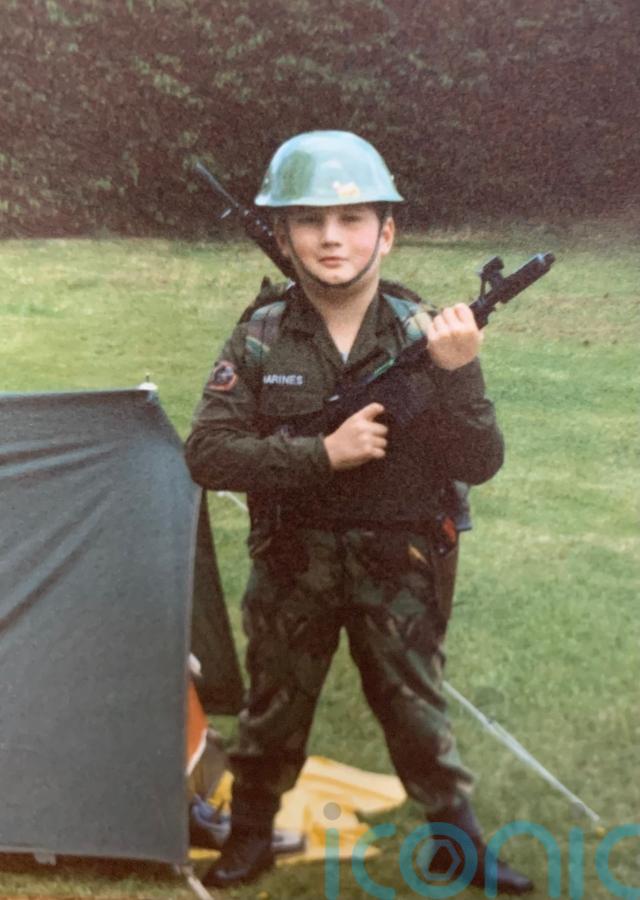
He became a “massive rugby player” – a sport he continues to play to this day – and later joined the Army as a private, aged 18, in May 1996.
Simon, who lives in The Wirral, Merseyside, was promoted early on and achieved his most senior role of regimental sergeant major in 2017, where he supported 500 soldiers and 200 to 250 civilian staff.
His responsibilities included assessing whether soldiers were deployable; ensuring military staff had the correct equipment, vehicles, clothing, and weaponry while on tour; and looking after civilian staff, as “they were being impacted by loved ones going away and potentially not coming back”.
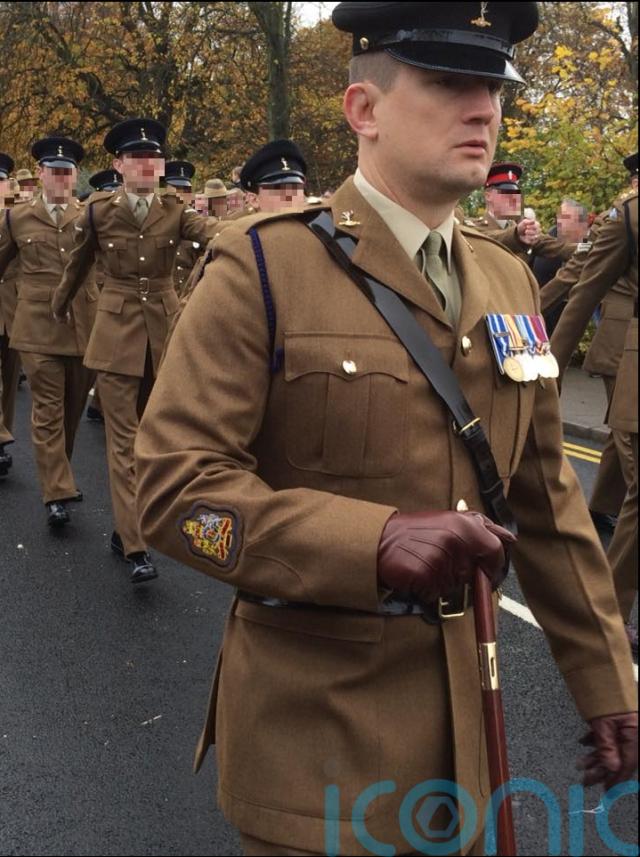
He said the biggest challenge was looking after “the mental health and wellbeing of people”, especially as he had his own “demons” after operational tours in Bosnia, Kosovo, Afghanistan and Iraq, where he witnessed “horrific” acts of violence and lost friends and colleagues.
“They can never prepare you for what you’re going to actually see and do with all the scenario training,” Simon told PA Real Life.
“I’ve seen mass graves of women and children, and then while I was in Afghanistan, one of the officers got struck by standing on an IED, cutting him in half.
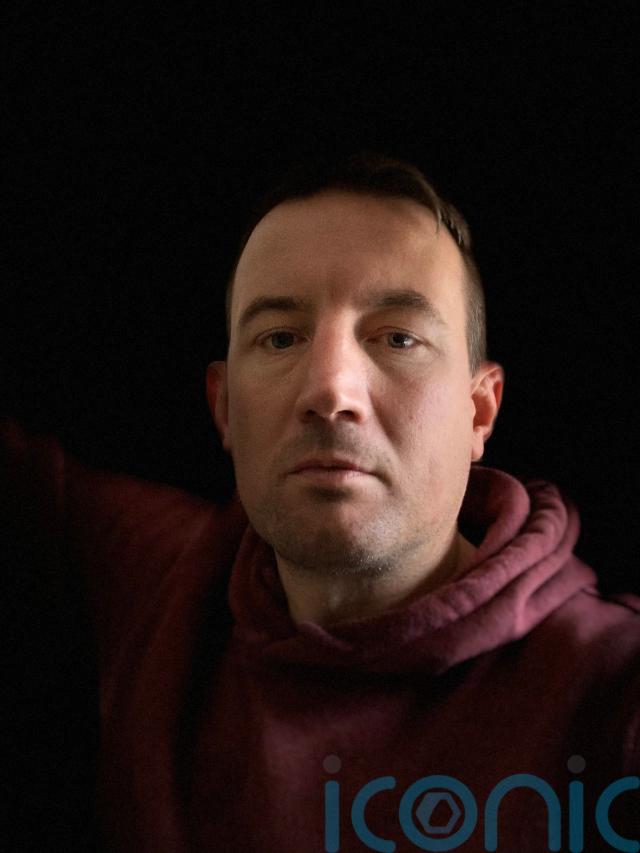
“I had to help with moving the body parts to the medical facility and, when we tried to lift his legs up and move his body, his body was literally severed in half.
“His legs were so heavy – I’ll never forget that.
“The Afghanistan tour in 2012 was the most impactful to me in terms of the number of lives lost and injuries.”
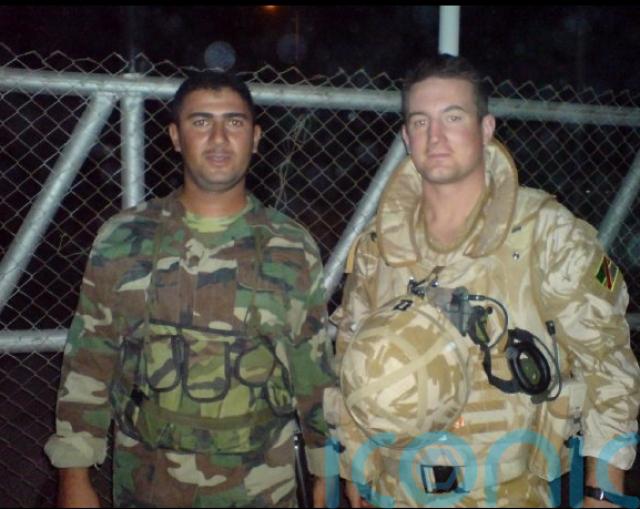
Simon, who now works as a European senior IT manager at Kellogg, said it has been “horrific losing friends and colleagues” and, in the last four years, he knows of 17 men and women who have killed themselves.
While there are “mechanisms to support people while they’re in the military”, Simon feels more needs to be done for the ex-servicemen and women who are settling in to civilian life afterwards – and he hopes that by gradually opening up and speaking about his own experiences, he can help encourage more open discussions about mental health.
“When you leave, there’s nothing,” he said.
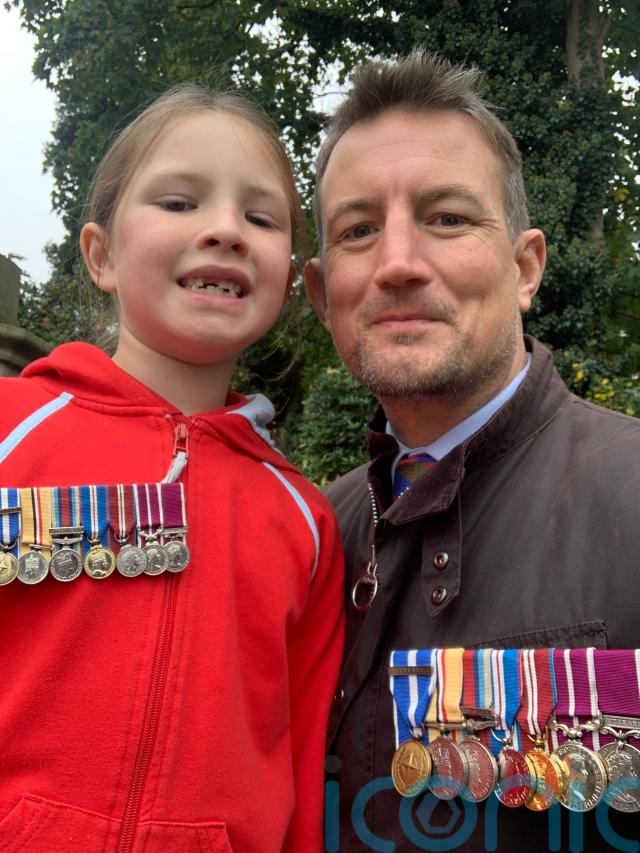
“There are loads of charity organisations, but fundamentally, if you don’t walk in the door, or knock on the door and ask for help, there’s nothing.
“I want to be an advocate for mental health and to encourage people to speak out loud.”
Simon lost many friends during his 23 years of service and vividly remembers one incident when his friend Pez Thomas was shot dead and others were killed and injured.
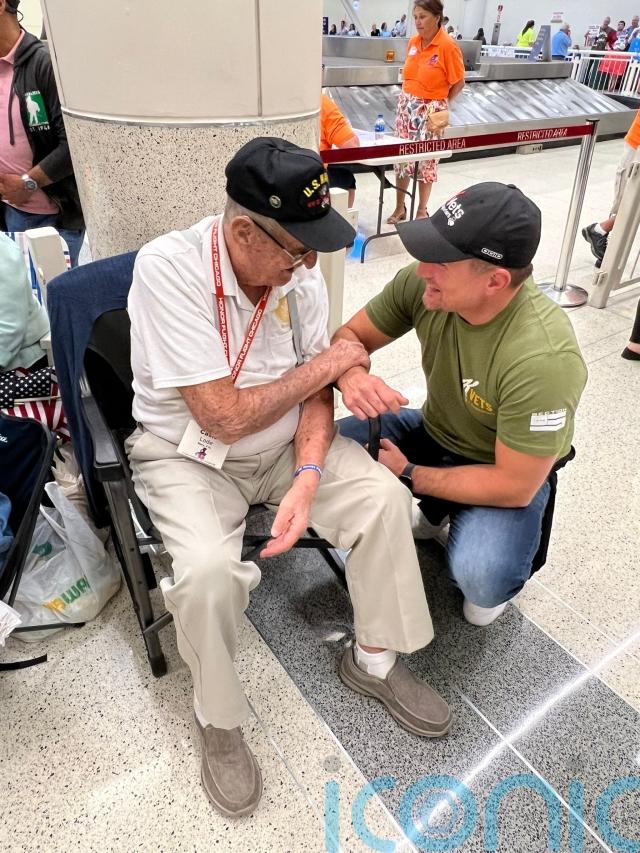
He said: “We went to a compound patrolled by an Afghanistan army, and one of the policemen turned around and riddled Pez’s patrol team to the ground.
“The guy got badly cut up because everyone returned fire, but they brought him back into our forward operating base (FOB) because our role as the British military is to protect and save lives.
“We don’t just go out and kill people, we protect lives.
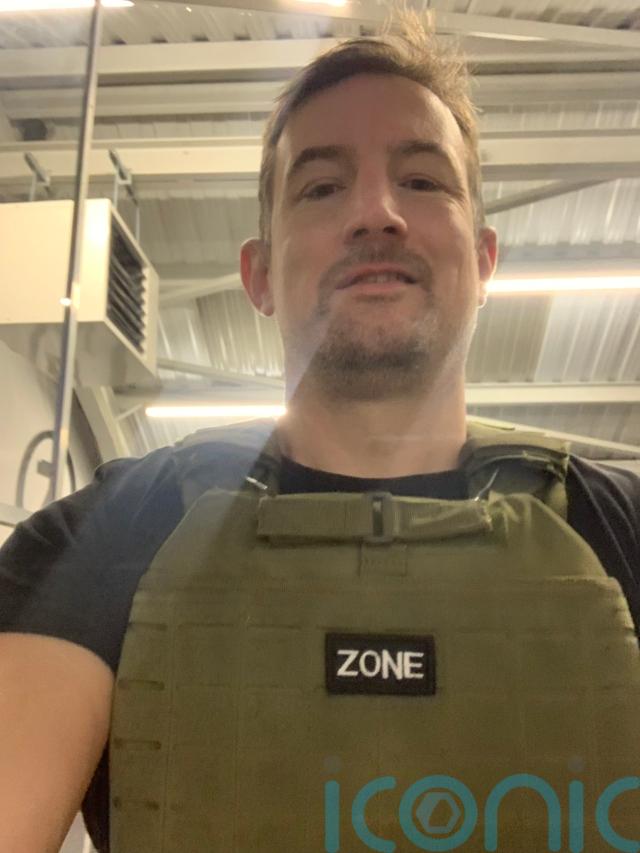
“We were trying to save this guy’s life, where the medical teams were patching up all the holes that were all over him; he survived but my mate didn’t.”
Simon struggles to talk about these memories now, but he said witnessing the incidents at the time was “the nature of the beast” – he joined the Army to do “a specific job”.
He said he was trained to “expect the unexpected” and to react in the best way possible, but it is only since leaving the Army that he has realised how much his mental health has been impacted.
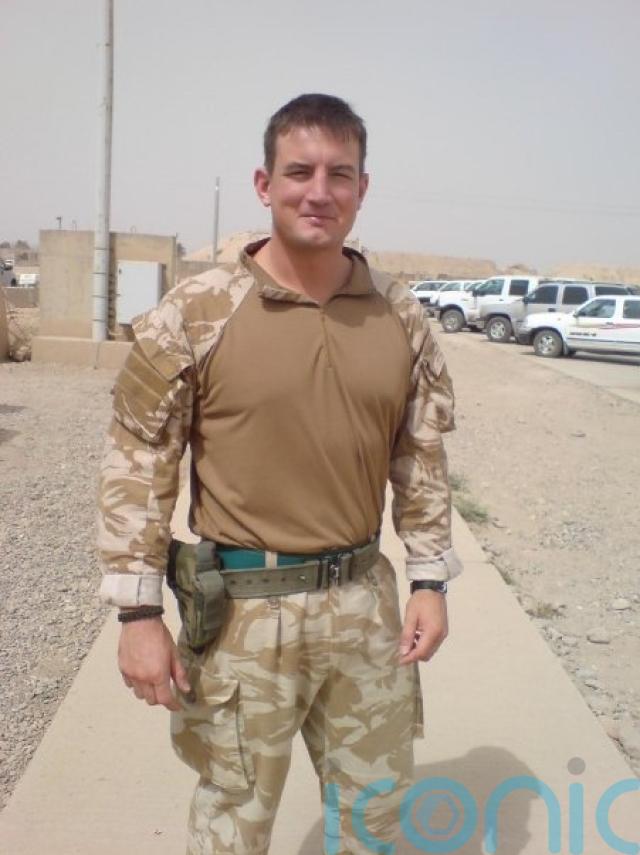
He said he has put these memories into what he describes as a “filing cabinet” in his mind, with each memory or incident having a specific file – but he rarely, if ever, reads them.
However, sometimes the memories will be triggered by a certain film, location or piece of music, and he will start “welling up and crying”.
“I’ve always thought I’ve got demons,” Simon explained.
“It wasn’t until after I left the Army that I realised that I need to speak to somebody.
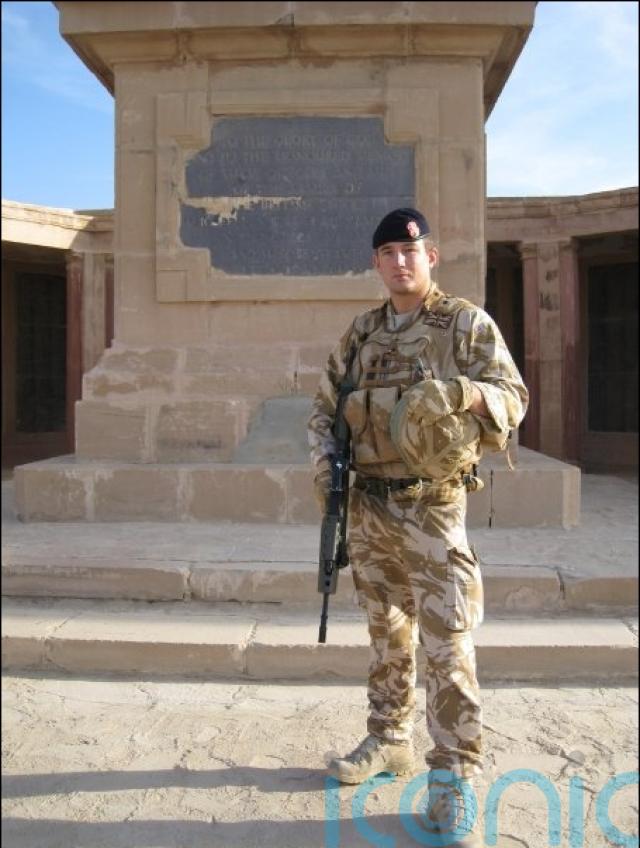
“It’s the ‘filing cabinet syndrome’; you open the door and there are loads of files – ‘this time in Bosnia or this time in Kosovo’ – but you don’t actually pick the file out and read it.
“I think I’m still in protective mode… you don’t want to understand it or feel it, which is wrong because you should be completely open, but it’s difficult.”
As well as losing friends and “outstanding officers and soldiers”, Simon said he knows of 17 men and women who have died by suicide since he left the Army in 2019.
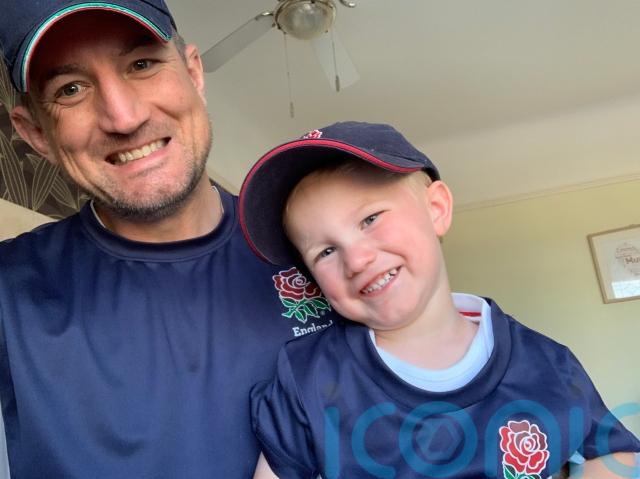
He said he left because, being in a position of leadership and seeing people dying on tour and killing themselves after returning home, he started to blame himself.
While there are “mechanisms to support people” when they are in the military, Simon feels more needs to be done to help ex-servicemen and women once they have left, as they can be “vulnerable”.
He said there are people who have experienced “absolutely catastrophic scenarios, far worse than (him)”, but many may not realise they need help until much later on – and from his own experience, he feels that access to recommended treatments, such as combat therapy, is limited and often unavailable.
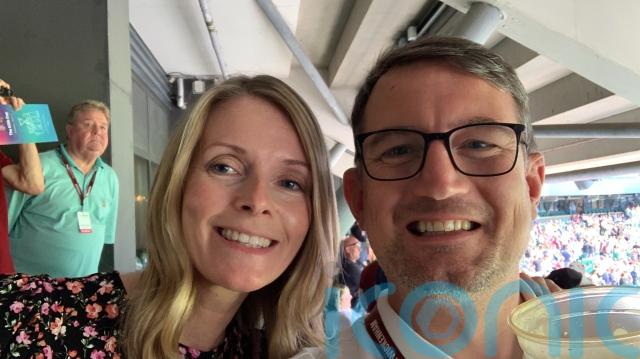
“One of my good friends got shot in the hand and he’s still serving, another person got shot in the face and was still serving,” he explained.
“There are people far worse than me, but there’s just nothing afterwards.”
Simon, who is a founding member of KVETs UK at Kellogg, helping veterans transition to civilian life, said his wife Emma, 43, has been his “rock” and he is supported by his family, but his main mission now is to “give something back” by creating events and spaces were people can make “organic connections” and talk without any pressure.
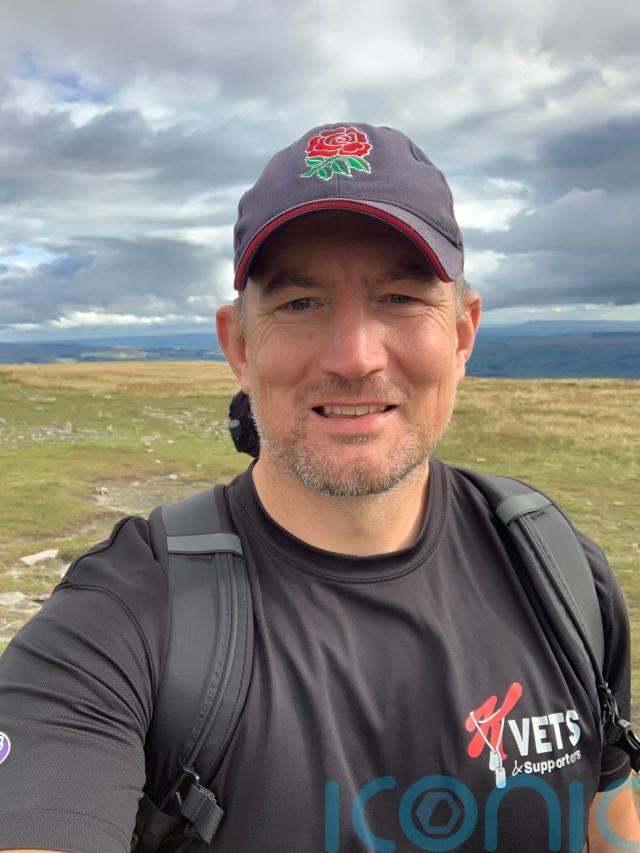
Through his work with KVETs UK, he wants to continue to promote that “we are an armed forces-friendly organisation, which aids in the recruitment of veterans and recognises their skills and military qualifications”.
KVETs UK also supports the employment of service spouses and partners, and aims to promote its services through national events.
While he struggles to talk openly about his own experiences and is still settling in to civilian life himself, he is gradually making progress and trying to “open the filing cabinet”.
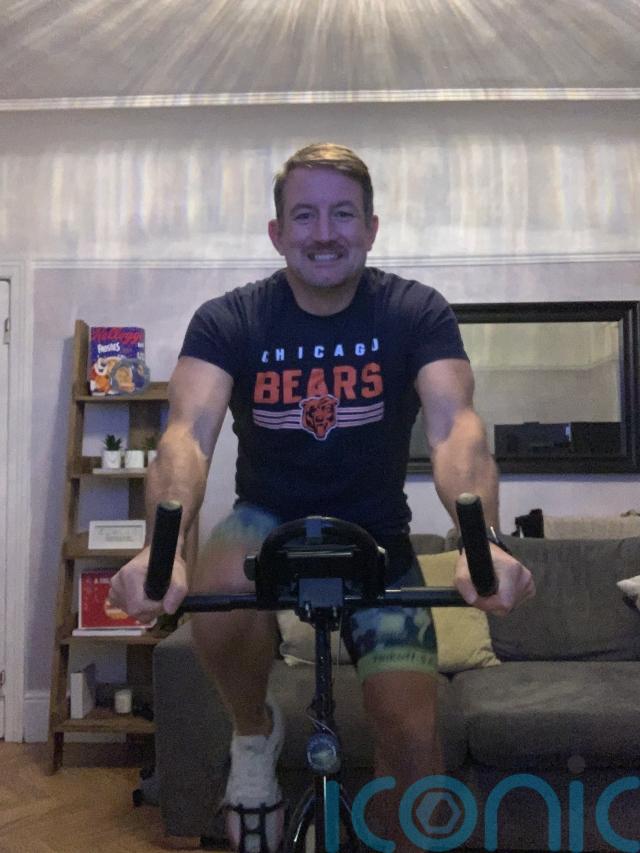
He has organised fundraising events and physical challenges for ex-military staff through his role as a Movember ambassador, and wants to continue “making a difference” where he can.
He said “there is always somebody you can talk to”.
“The fundamental thing I want people to understand is, you’re not on your own,” Simon said.
“Reach out when you want to reach out, just don’t leave it too late.”
Subscribe or register today to discover more from DonegalLive.ie
Buy the e-paper of the Donegal Democrat, Donegal People's Press, Donegal Post and Inish Times here for instant access to Donegal's premier news titles.
Keep up with the latest news from Donegal with our daily newsletter featuring the most important stories of the day delivered to your inbox every evening at 5pm.